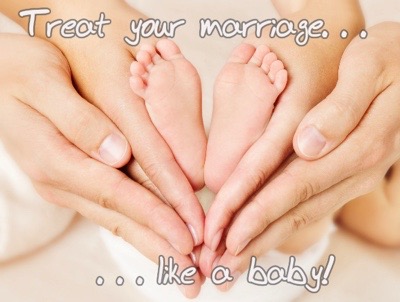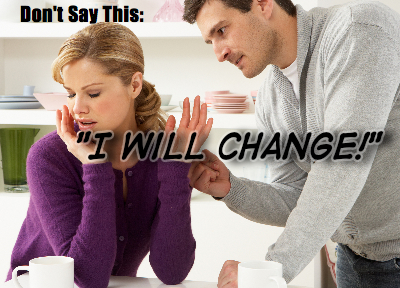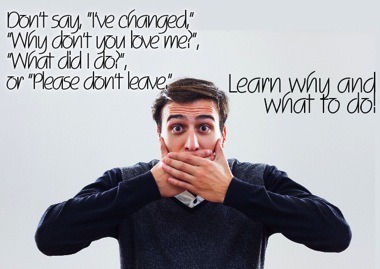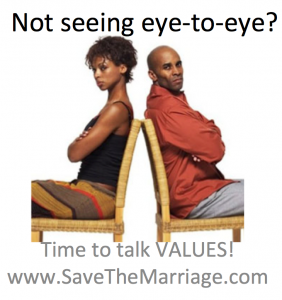Love Is A Gift, Not A Transaction!
https://savethemarriage.com/stmblog/wp-content/themes/corpus/images/empty/thumbnail.jpg 150 150 Lee H. Baucom, Ph.D. Lee H. Baucom, Ph.D. https://secure.gravatar.com/avatar/669b7e375d93f77521ddaba08adb8063?s=96&d=blank&r=pg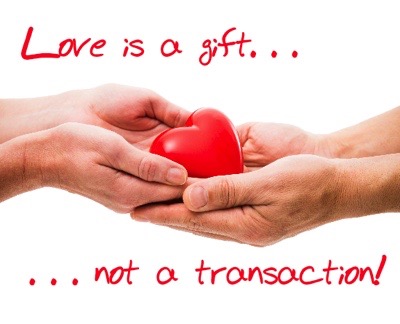 You try to show love to your spouse. . . and you get nothing in return. You try to let your spouse know how much you love your spouse. . . and you get nothing back.
You try to show love to your spouse. . . and you get nothing in return. You try to let your spouse know how much you love your spouse. . . and you get nothing back.
Let me say that I do not think it is alright to be in a relationship where none of your needs are met.
But I want to challenge you: are you doing those things, so that your needs will be met?
If so, you are not giving love, you are trying to make a transaction: “I do this for you, so you do that for me.”
That is a recipe for hurt and pain.
Love is a gift. And only when it is freely given can it be accepted without manipulation or expectation.
Let me say that again:
Love is a gift, not a transaction.
Sometimes, I hear a spouse complain, “I always think there are strings attached. It feels so needy and manipulative.” While they can’t quite put there finger on it, this is the reason. Their spouse is doing “loving” things, but not without strings attached, expectations just below the surface.
This behavior often grows into a relationship, contaminating it. At first, you do things because you want the other person to know how much you care. Then, over time, it is more and more about feeling cared for. Maybe it is a hug, hoping for a hug in return. Perhaps it is an “I love you,” so you can be assured of an “I love you” back. Or maybe it is a “backrub,” with hopes and pressure it will lead to more.
Love is a gift, freely given.
Transactions are for businesses and banks.
The gift of love is only felt as love, when it is given with no strings attached.
Let’s talk about it in today’s podcast!
RESOURCES MENTIONED IN THE PODCAST:
The Balance Book Marriage
Interview with Gary Chapman – Love Experiment2 Necessary Feelings
Save The Marriage System
Podcast: Play in new window | Download
Subscribe: RSS
